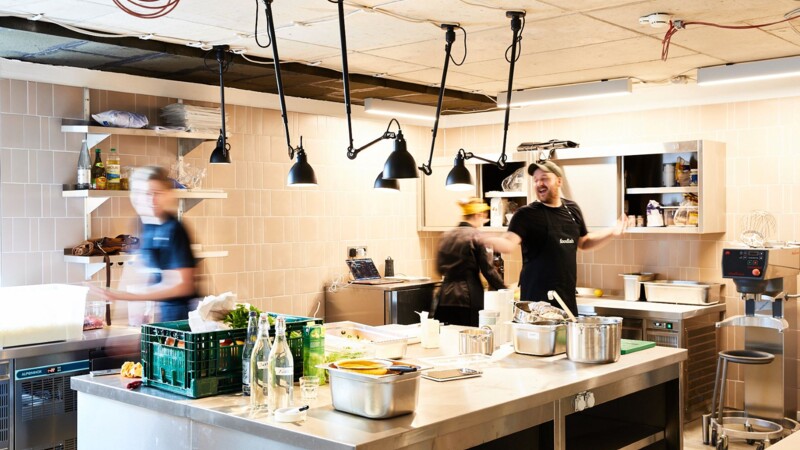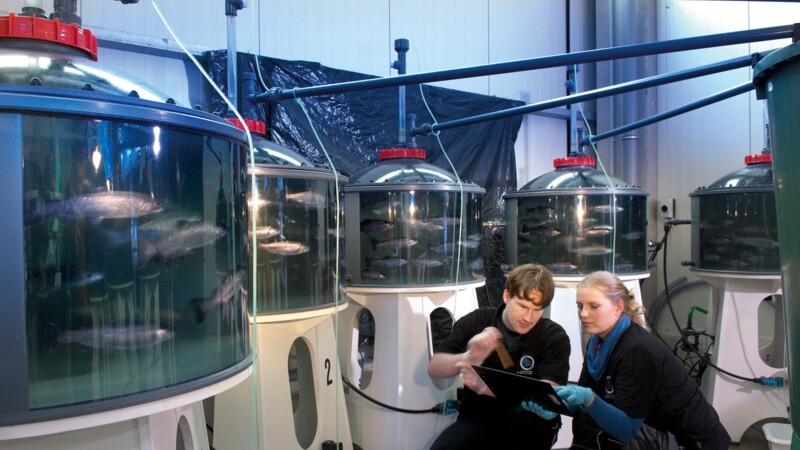Cultivation is scheduled to start in 2024. A 630,000 square metre indoor factory is to be built on the site of the former National People's Army (the armed forces of the former German Democratic Republic from 1956 to 1990) near Anklam in Mecklenburg-Western Pomerania. Cannabis flowers will be grown in 35 halls. More than 40 tons of cannabis flowers could be produced in the first year making DAG Europe's largest cannabis produce, the company hopes. "After expanding fully, we could even produce 120 tonnes of cannabis flowers. We expect long-term demand of 400 tonnes in Germany and DAG can meet a large part of that," Tonn pointed out.
"Adults will be allowed to grow cannabis in certain quantities privately or in non-profit associations, and be able to obtain it in licensed specialist shops as part of a model regional project," according to an agreement between the German government and EU Commission. Legalising cannabis should improve its quality and offer people more health protection and curb sales on the black market, according to the German government. Until now, Germany has only allowed cannabis to be grown for medical purposes. The start of legalising cannabis for consumption should open up a promising market, according to Christian Tonn and Ercan Hayvali, founders of DAG GmbH, a cannabis-growing company in Hamburg. "The market is worth about EUR 10 billion," said Tonn.
Demand likely to come to 400 tonnes annually

Cultivation - energy intense and costly
However, plenty remains to be done. "Growing cannabis will be subject to tough government regulations and safety precautions for which we are currently preparing. Growing cannabis indoors is energy-intense and costly. Production is based entirely on renewable energies, the founder said. Tonn, 37, gained plenty of experience with the domestic and international cannabidiol and cannabis market. In 2018, he founded CeBiol GmbH and in 2021 CeBiol Blockchain Solutions (CeBioLabs).

Blockchain and AI-supported systems
Tonn wants to address the lack of transparency on the market and quality assurance with CeBioLabs, currently a wholesaler of CBD products, using blockchain technology and the specially-developed crypto token CBSL. DAG is developing blockchain and AI-based systems to grow cannabis efficiently in co-operation with CeBioLabs. "Blockchain technology makes for absolute transparency and production processes are documented accurately. We can track exactly who has grown what, where and in which quality, and whether the required certificates are available. Then, we can secure the complex cannabis supply chains and ensure efficient cultivation." The cryptocurrency is appealing as the tokens could be equipped with several other functions and potentially increase in value. "There are high returns on the cannabis market and the margins are significantly higher than for other investments," Tonn pointed out.

Second stage of legalisation after parliament's summer recess
Stakeholders in the cannabis market have shown great staying power so far. In 2017, cannabis was approved in Germany for purely medical-therapeutic treatment. However, the cannabis products needed had to be imported. In 2021, licences were granted for controlled domestic growth followed by gradual legalisation. Stage 1 of the current draft law provides for decriminalisation and the cultivation and sale of cannabis by social clubs. "Stage 2 should follow in the summer and will include commercial cultivation and sale in licensed specialised shops. Some people including consumers and investors are losing their patience. But I'm convinced that it's going to start now," Tonn said.
ys/sb/pb
Sources and further information
More
Similar articles

Biochar becoming catalyst of circular economy

Colipi secures EUR 4.1 million for sustainable palm oil

